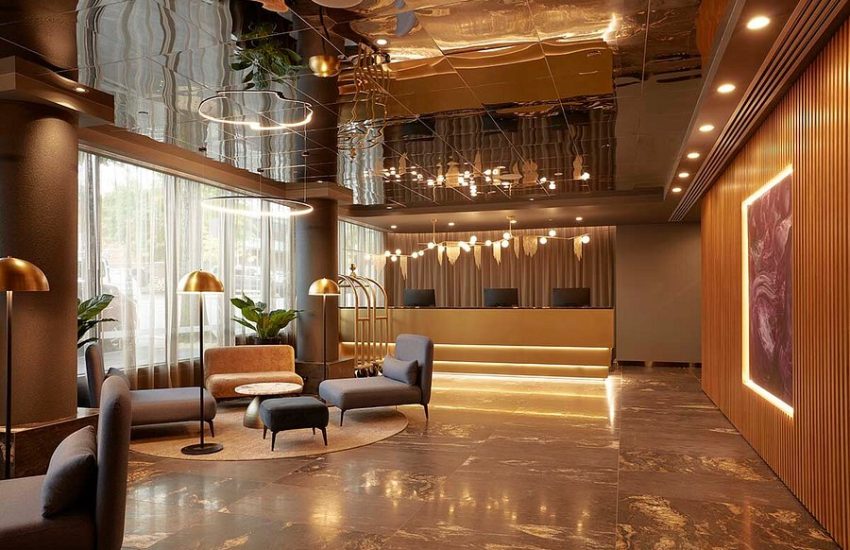Are Hotel Front Desks A Thing Of The Past?
Decluttering has become an enormous business. The success of books such as The Life-Changing Magic of Tiding Up by Marie Kondo shows the global appetite for simplified living. Consultants have popped up in Australia to help people eliminate the things they don’t use.
Business and technology have adopted similar thinking. The Economist published a piece titled “Decluttering The Company” in 2014, which discussed the expensive entrapments bureaucracy can cause. Commercial technology is known for its ability to eliminate clutter. As data transfers are increasingly done through the air, laptops with disk drives and cable ports will soon be obsolete. Substantial hard drives are becoming less popular as data is increasingly stored in the cloud.
It is not surprising that some hotels are phasing out the front desk. We don’t queue up at the box office to buy concert tickets but use mobile check-ins in airports. Why would we have to wait in line in the lobby to get into a hotel room? Could the process, which is currently manual, be automated to serve customers better?
Many industry insiders agree, and the argument is simple. When traveling (especially by air), you must wait a lot. The last thing you need is to go through another long check-in process.
Do guests need to be advised on dry cleaning or restaurants? Should precious time be spent pointing out the elevators and explaining hotel amenities? Do people prefer to get as close as possible to the room?
As usual, the big names are the first to try new things. Courtyard by Marriott, Hyatt Place, and other hotels overseas have chosen pedestals around the lobby where staff can process guests arriving casually. Andaz is another Hyatt Brand with a team moving around the lounge area, using tablets to chat with guests and offering complimentary drinks. The Andaz website states: “We are a World without Walls, meant to create an open sharing of ideas, stories and moments.”
It is easy to see how this can create a personal and warm impression, but tired or busy guests often express frustration at the decluttered check-in concept. The interaction could be negatively impacted if you want to go straight to your room, but the employee follows a script that requires the guest to have a drink and a chat.
At the other end of this spectrum, there is a completely automated check-in where human interaction is not required. CitizenM, a Dutch boutique, is betting big on this concept. New arrivals will be greeted with a self-serve café and digital kiosks that provide room keys. The brand offers human assistance at the push of a single button, but it is aimed at people who don’t want or need it. Self-service kiosks have been used by smaller operators and other brands before (like Formula 1), but this is a new concept.
What is your hotel’s place on the spectrum of hotels? Is the front desk going away, or will this be a temporary disruption?
Industry experts have suggested that lobbies should maintain a human element precisely because the world has become more digitalized. The guest experience is at risk of becoming less human as chatbots, and digital controls become more prevalent. Hoteliers who implement automation affecting other industries without considering its impact on their guests could end up with a guest experience more like a robot assembly line than a display displaying hospitality.
At this point. My hotel career began as a receptionist. And I must admit, I started my hotel career before computers became commonplace – the paper-based Whitney System was THE system of choice and was very effective.
Computers were supposed to be a time-saver and allow staff to spend more time with customers, but that didn’t happen. We ended up with frustrated staff staring at screens instead of their faces and blaming the computer for being “a little slow today.” Now we have computer glitches that cause reservations to be lost or upgrades that don’t work. We rely on global giants instead of local traders to ensure our systems work.
I’m not suggesting we go back to a paper-based system, although it does have its advantages. But the increasing reliance on third-party providers and their systems means we need to rely more on humans for solutions.
The hotel industry will continue to innovate, finding new ways to remove clutter and friction from the customer experience. But just because we can doesn’t mean we should. The front desk, and those who work it, may become valuable differentiators in a digital world as the travel experience becomes more automated.


